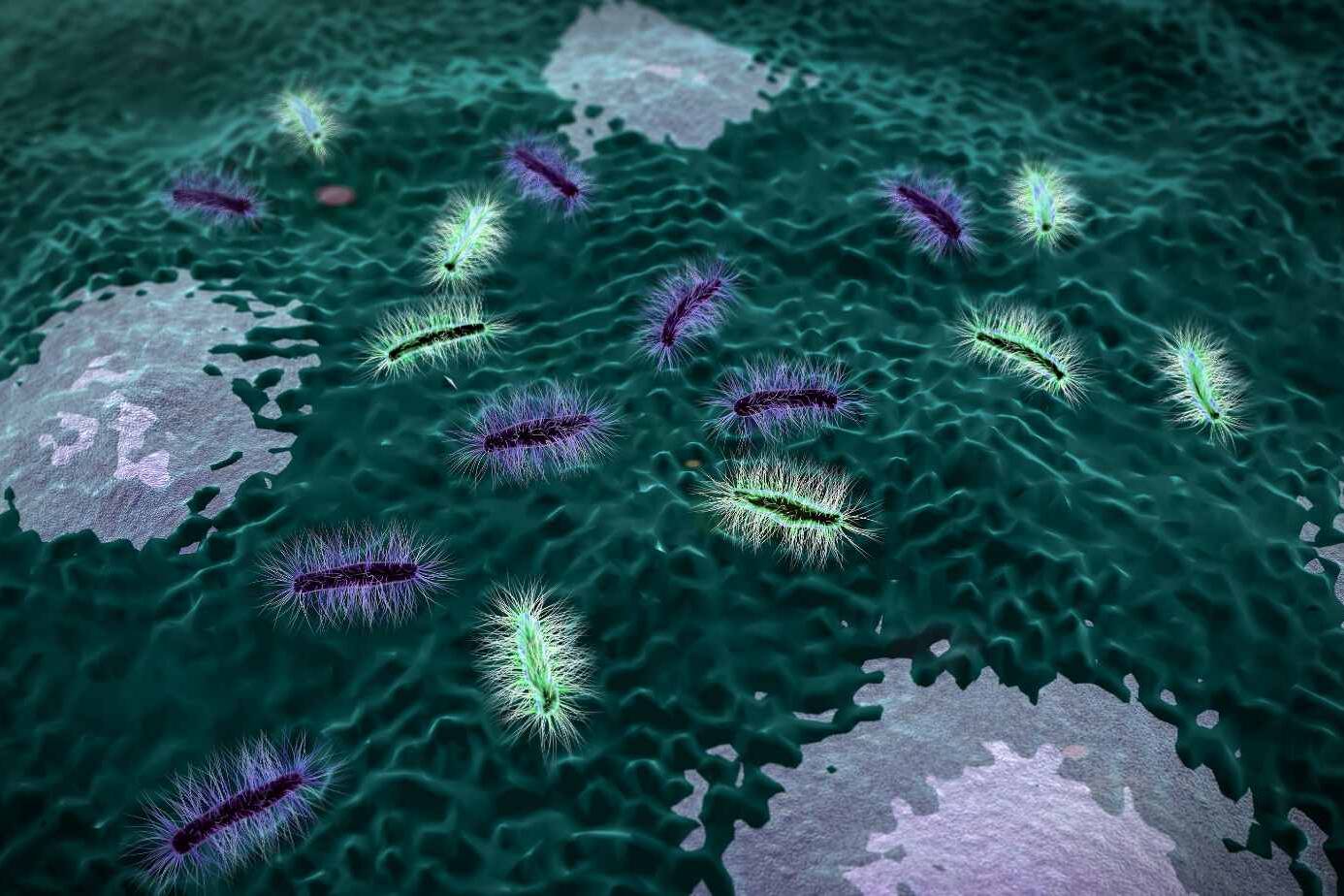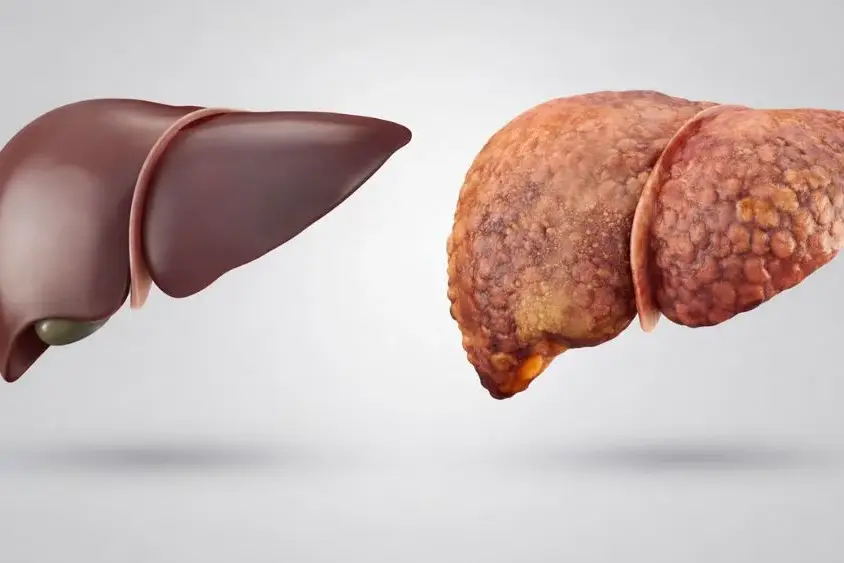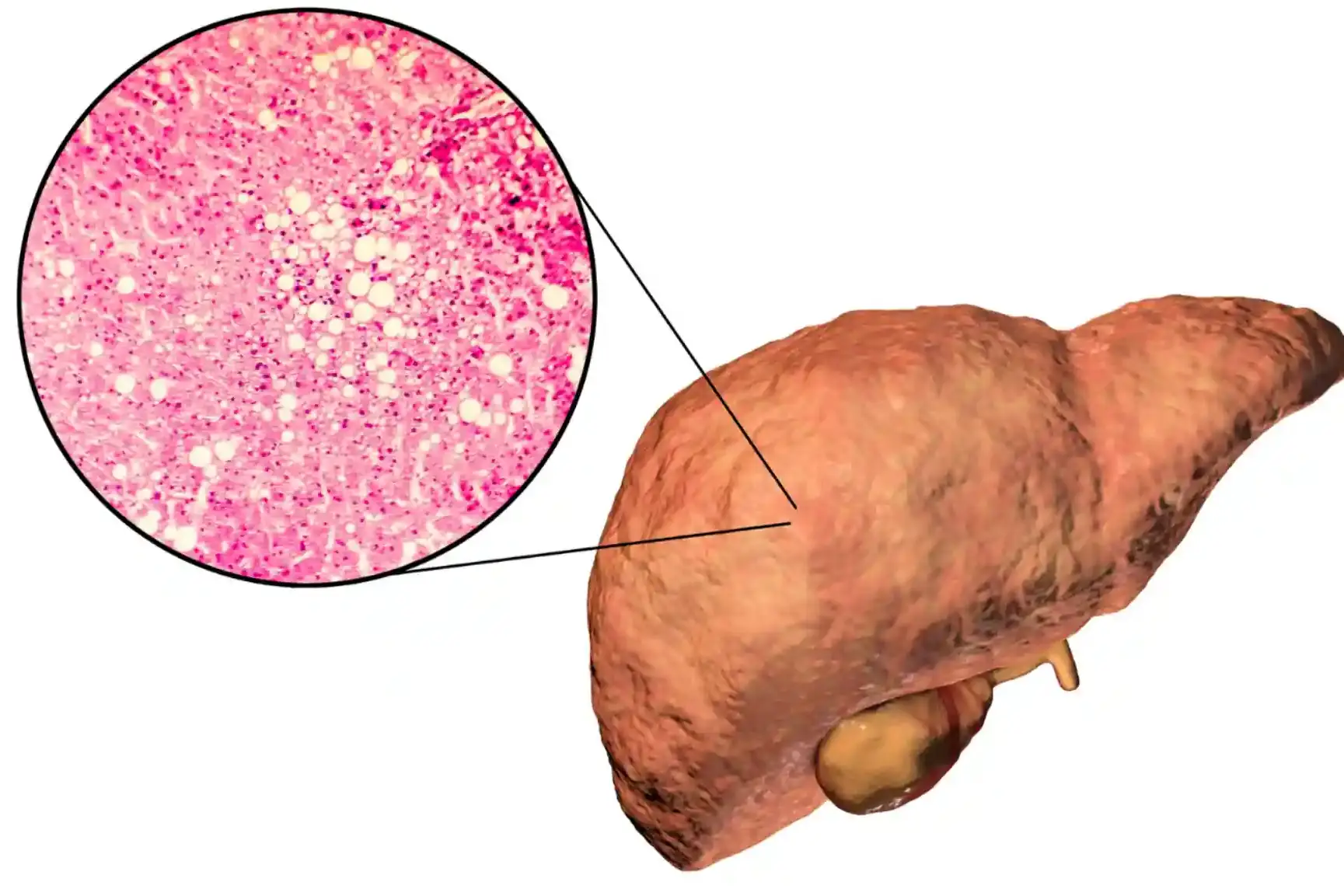Helicobacter pylori (H. pylori) is a very common bacterial infection worldwide. It leads to chronic gastritis and raises the chance of peptic ulcer disease, gastric cancer, and lymphoma. The discovery of H. pylori by Marshall and Warren in the 1980s sparked a lot of research.
Table of Contents
ToggleThis part offers a summary of how we understand and handle H. pylori infection today. It talks about diagnosing it, the issues with getting rid of it, and the importance of new treatment approaches. Whether you’re having helicobacter pylori infection symptoms or want to know about managing it, this summary will help.
Learning about H. pylori infection and looking into helicobacter pylori infection natural treatment choices is key. It helps in dealing with this bacteria and its risks. Keeping up with the latest info helps in making smart health choices for you and your family.
Introduction to Helicobacter Pylori Infection
The discovery of Helicobacter pylori (H. pylori) bacteria changed how we see gastritis and peptic ulcers. Before Marshall and Warren found them in the early 1980s, lifestyle factors were seen as the main cause. These included stress and diet.
Discovery of H. pylori
In 1893, Bizzozero G. first noticed spiral bacteria in the stomach, but we didn’t know they were H. pylori until the 1980s. Marshall and Warren’s work highlighted this. It led to new research on stomach issues’ causes.
Global Prevalence and Burden
H. pylori infection is very common, affecting about 44.3% of people worldwide. It’s more widespread in developing countries, reaching over 80% in some areas. Yet, its presence has been reducing in developed countries to about 20-50%. Still, it’s a major health risk due to its link to gastric cancer, the third top cause of cancer deaths.
Causes and Risk Factors
Helicobacter pylori (H. pylori) infection spreads mainly from person to person. This happens through mouth-to-mouth contact or by touching something that has the bacteria on it. Food and water that is not clean can also spread the infection.
Mode of Transmission
H. pylori spreads easily where there is not enough clean water or proper waste disposal. In places with too many people using small spaces, it can spread more. That’s why it’s more common in parts of the world where these issues are not well addressed.
Living Conditions and Socioeconomic Status
Many studies have shown that where people live and how much money they make can affect the chance of getting H. pylori. Places with a lot of people living in one house and not enough clean water or toilets are at a higher risk. These conditions make it easier for the bacteria to move from one person to another.
Pathogenesis and Virulence Factors
Helicobacter pylori is a smart bacterium. It finds ways to live in the stomach. It uses urease to make the stomach less acidic. This helps it survive.
H. pylori sticks to the stomach lining with adhesins. They help the bacteria stay and not get washed away. One important adhesin is the SabA protein.
Induction of Inflammation and Mucosal Damage
When H. pylori is in the stomach, it sparks an inflammation. This is because of CagA and VacA, which are strong factors of the bacteria. They cause the stomach to get red and swollen.
Different H. pylori strains can make the sickness worse. This depends on how well they resist stomach acid and if they make a lot of urease.
The bacteria’s flagellar genes help it move. It has a helical shape that lets it swim in the stomach’s slimy layer. This way, it can find a good place to live in the stomach.
Clinical Manifestations and Complications
Helicobacter pylori (H. pylori) causes chronic gastritis and peptic ulcer disease. These include gastric and duodenal ulcers. The bacteria can harm the stomach’s lining, leading to gastritis and ulcers. About 10-15% of people with this infection get a peptic ulcer.
Gastritis and Peptic Ulcers
H. pylori can increase the risk of getting gastric cancer, especially a type called intestinal-type gastric adenocarcinoma. It causes chronic inflammation that can lead to different lesions in the stomach, which are early signs of cancer. Besides cancer, H. pylori also ups the risk of getting MALT lymphoma, a rare stomach cancer.
Gastric Cancer and MALT Lymphoma
H. pylori is common and can cause various stomach issues, including cancers. This shows how important it is to diagnose and treat H. pylori. And to stop its spread to lower the health problems it brings.
what is helicobacter pylori infection
Helicobacter pylori (H. pylori) infection starts when these bacteria affect the stomach. It often begins in childhood. H. pylori is a key reason for stomach ulcers (peptic ulcers). It might be found in more than half the world’s people.
A lot of folks with H. pylori don’t show signs. But some might get gastritis or a peptic ulcer. This can make them feel stomach ache, sick, not hungry, or lose weight. Having H. pylori also raises the chance of getting some stomach cancers.
Many people in the U.S. catch H. pylori after they turn 50. Almost half of African Americans have this infection. Also, 50% of Latinos and people from Eastern Europe who move to the U.S. are likely to bring H. pylori with them.
H. pylori often leads to peptic ulcers and gastritis in kids and grown-ups. In kids, look for signs like sudden belly pain, blood in the poop, or dark vomit. This germ can cause problems that need fast medical help.
This bug can cause several serious issues, including ulcers, bleeding, and stomach cancer. It spreads from kissing or touching stuff with infected vomit or poop. Eating bad food or drinking dirty water may also spread the bacteria.
Good hygiene helps stop H. pylori. So does watching what you eat and drink. After treatment, seeing the doctor again is vital. Let the doctor know if problems get worse or you see blood in your vomit or poop.
Diagnosis of H. pylori Infection
Figuring out if someone has Helicobacter pylori (H. pylori) is key for good treatment. Many tests can help diagnose it, each with its good and bad points. Knowing the different tests is important for doctors to choose what’s best for their patients.
Invasive and Non-Invasive Tests
Endoscopy with biopsy is the go-to for finding H. pylori. It includes looking into the stomach and taking samples. These tests give clear results but need a hospital and some cutting.
On the other hand, there are tests that don’t need checking your stomach directly. These include breath, stool, and blood tests. They’re easier for patients but might have some limits. Doctors pick tests based on what’s available and the patient’s needs.
Limitations and Challenges in Diagnosis
Finding H. pylori can be hard because tests may not always be right. Results might show negative if you’ve had certain medicines. Also, some tests might not work as well for everyone.
Scientists are working to make better tests for H. pylori. These new tests would be more accurate for everyone. Getting the diagnosis right is not just for treatment. It also helps make sure the infection is gone after treatment.

Treatment and Eradication Therapy
The usual way to treat Helicobacter pylori is with antibiotics and a proton pump inhibitor. But, some strains of H. pylori don’t respond well to these antibiotics. Reasons for this include taking antibiotics before, not taking them as prescribed, and the fact that different places might have different levels of resistance.
Antibiotic Regimens and Resistance
Clarithromycin resistance means the medicine doesn’t work as well when H. pylori is present. If too many H. pylori are resistant, triple therapy using clarithromycin might not work well. Even though metronidazole resistance affects bismuth quadruple therapy, it’s usually not as bad as clarithromycin resistance. In North America, levofloxacin resistance might be as or even more common than clarithromycin resistance. Luckily, resistant strains to amoxicillin, tetracycline, and rifabutin are rare.
Alternative and Complementary Approaches
With so many H. pylori strains becoming resistant to antibiotics, scientists are looking into other ways to get rid of the bacteria. Probiotics and natural compounds that fight germs are being tested. So are methods that target how the bacteria makes you sick or affect your body’s defense. There’s also research going into making vaccines to keep you from getting H. pylori in the first place.
| Study | Findings | Year |
|---|---|---|
| 14-day esomeprazole, amoxicillin, and metronidazole triple therapy | Achieved high Helicobacter pylori eradication rates | 2012 |
| Clarithromycin versus metronidazole as first-line Helicobacter pylori eradication | Multicenter, prospective, randomized controlled study in Japan | 2015 |
| Levofloxacin-containing triple therapy or standard sequential therapy | Studied as the first-line treatment for Helicobacter pylori eradication in China | 2012 |
| Standard triple therapy and sequential therapy | Compared for Helicobacter pylori eradication | 2013 |
| Nonbismuth quadruple “concomitant” therapy | Compared with standard triple therapy in a randomized trial | 2013 |
| Modified sequential therapy regimens | Reviewed for Helicobacter pylori eradication | 2013 |
| Reverse hybrid therapy | Compared with standard triple therapy for Helicobacter pylori infection in a randomized controlled study | 2015 |
| Novel quadruple therapy combinations | Used for Helicobacter pylori eradication in Western Australia | 2012 |
| 14-day esomeprazole- and amoxicillin-containing high-dose dual therapy | Achieved a high eradication rate as first-line anti-Helicobacter pylori treatment in Taiwan | 2019 |
| New quadruple therapy for Helicobacter pylori | Using tripotassium dicitrato bismuthate, furazolidone, josamycin, and famotidine | 2000 |
Prevention and Control Strategies
Dealing with Helicobacter pylori (H. pylori) infection needs many steps. This includes making sanitation and hygiene better. It also looks at how we can make better vaccines.
Improving Sanitation and Hygiene
Sanitation and hygiene play a big part in how H. pylori spreads. To stop this, making sure there’s clean water and safe ways to get rid of waste is key. Also, teaching people about good personal hygiene helps a lot. These steps are crucial in places with few basic hygiene facilities. By doing this, we can cut how H. pylori spreads in these areas.
Vaccine Development
Finding a good vaccine for H. pylori is an important goal. A lot of work is being done to find the best way to make a vaccine. Though many vaccine ideas have shown good results, getting one ready for people everywhere is hard. Researchers are working hard to solve the challenges of making H. pylori vaccines work well.
Conclusion
Helicobacter pylori infection is a big concern for worldwide health, especially in the digestive system. The discovery that H. pylori causes many ulcers and links to stomach cancer changed how we deal with these issues. Still, the spread of H. pylori that doesn’t respond to medicine is a worry. We need better ways to diagnose and treat it.
Scientists are hard at work to fight against H. pylori. They are looking at how the bacteria grow and cause harm. They are also creating new ways to stop, find, and destroy this common germ.
Staying up to date with H. pylori news can help everyone be part of the solution. Better cleaning, smarter tests, and new treatments are key in fighting the problems caused by H. pylori.
FAQ
What is Helicobacter pylori infection?
H. pylori infection happens when a type of bacteria gets into the stomach. It’s common, infecting over half of the world’s people. You might not feel sick, but some get stomach issues like ulcers. These can cause pain, make you feel sick, lessen your want for food, and lose weight.
How is H. pylori infection diagnosed?
Doctors use different tests to find H. pylori. Some need to look inside your stomach, like taking samples during endoscopy. Other tests can check your breath, stool, or blood. The doctor picks a test based on what’s best for you and where you are.
What are the challenges in diagnosing H. pylori infection?
Figuring out if you have H. pylori can be hard. Tests might not always show if you’re infected, especially if you recently took certain medicines. They might not work as well for some people, like if the stomach is already damaged. Scientists are looking for better tests.
How is H. pylori infection treated?
Treating H. pylori often means taking antibiotics and a specific type of medicine that reduces stomach acid. But, some types of this bacteria have become resistant to antibiotics. This makes treatment harder. Not taking your medicine as directed and where you live can also affect treatment success.
What are the alternative and complementary approaches for H. pylori eradication?
With antibiotic resistance a problem, new ways to fight H. pylori are being studied. This includes using probiotics, plant compounds, and finding new targets to attack the bacteria. Scientists are also working hard on making a vaccine to stop people from getting sick.
How can H. pylori infection be prevented?
Controlling H. pylori starts with clean water, good waste systems, and better personal clean habits. These steps are crucial in places where health systems aren’t so strong. A vaccine against this bacteria is also in the works. It could help a lot by stopping infections before they happen.
About The Author

Medically reviewed by Dr. Nivedita Pandey, MD, DM (Gastroenterology)
Dr. Nivedita Pandey is a U.S.-trained gastroenterologist and hepatologist with extensive experience in diagnosing and treating liver diseases and gastrointestinal disorders. She specializes in liver enzyme abnormalities, fatty liver disease, hepatitis, cirrhosis, and digestive health.
All content is reviewed for medical accuracy and aligned with current clinical guidelines.





